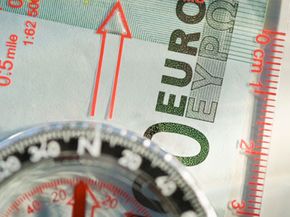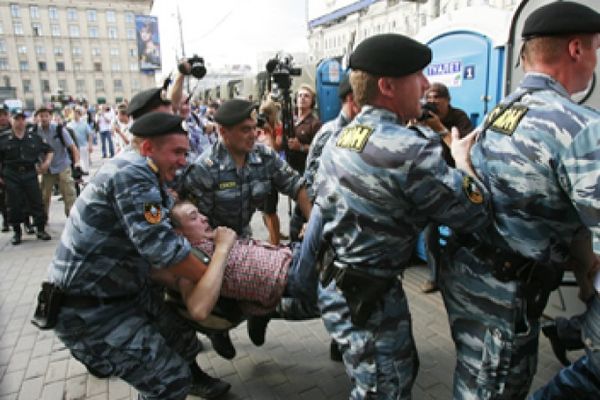The most dangerous place on Earth. It sounds like the title of an action-adventure movie. And it conjures up all kinds of images -- war, earthquakes, poisonous jungle plants, killer animals, disease, terrorists and violent criminals at every turn.
Of course danger lurks everywhere. But some places are definitely more dangerous than others. How do we know which place is the most dangerous? Statisticians and think tanks consider many factors when naming a place among the world's most dangerous. These factors include national security, war, terrorism, violent crime, insurgent activity, disease, humanitarian issues and civil unrest. As you can see, the world's most dangerous places are usually dangerous because of human activity.
Advertisement
Although factors like dangerous animals, harsh climate and the like are also considerations, they're not really taken into account when researchers compile data on this subject. A place like Antarctica, for example, is extremely dangerous -- its freezing cold environment doesn't naturally support life. However, people can and do live on Antarctica for temporary stretches because research stations have been built to protect them from the elements and provide food. Antarctica is also a war-free zone, so there's no worry about civil unrest or violence.
The most recent and verifiable statistics about the most dangerous countries in the world come from a report called the Global Peace Index. This report comes out yearly and ranks countries in ascending order, from most peaceful to least peaceful (i.e., most dangerous). According to the report, there are 23 indicators to define peace or the absence of peace in a country. These indicators include:
- Number of external and internal conflicts fought
- Number of deaths from organized conflicts
- Relations with neighboring countries
- Number of displaced people as a percentage of the population
- Political instability
- Level of disrespect for human rights
- Potential for terrorist acts
- Level of violent crime
- Military capability/sophistication
A panel of experts reviews and discusses these and other factors in order to compile the final list. They also take into account demographics like education, culture and material well-being.
On the next few pages, we'll talk about a few of the least peaceful countries in the world and reveal which country tops that list.
Advertisement


